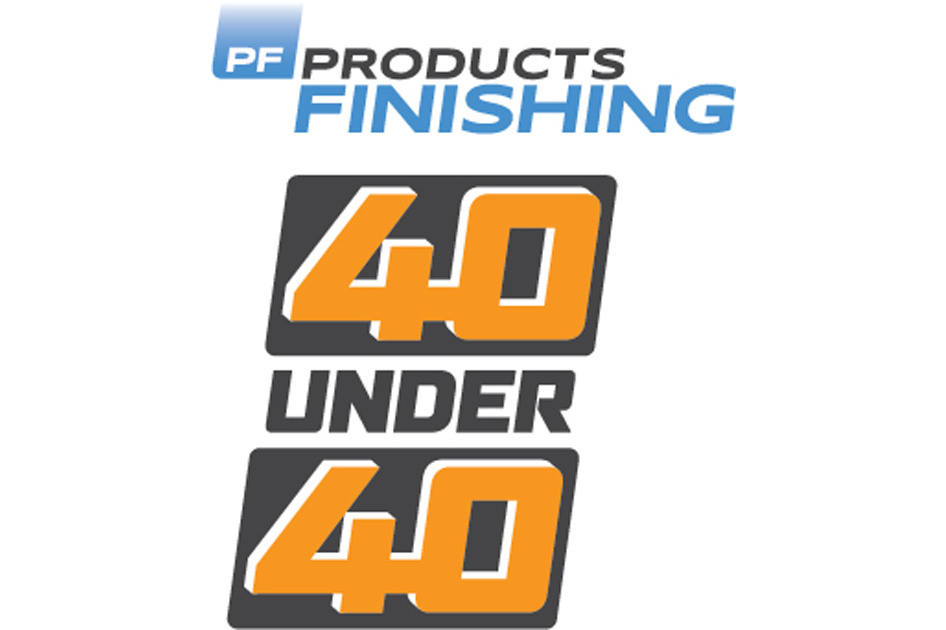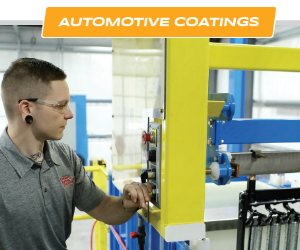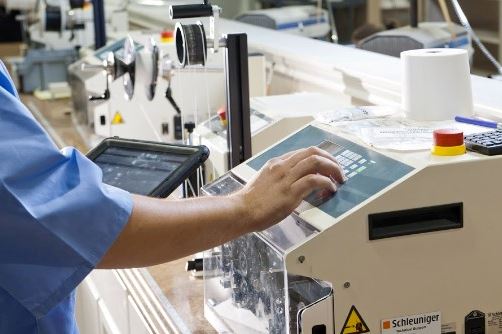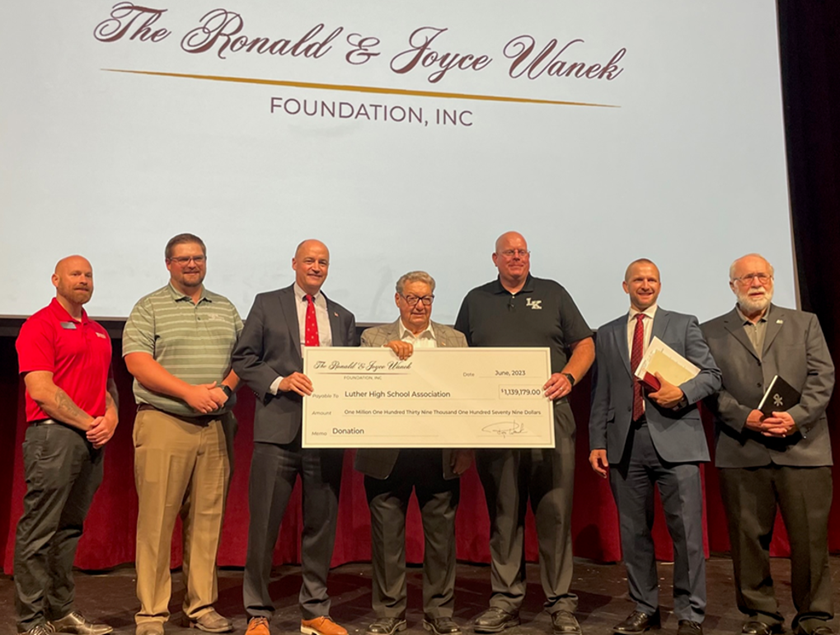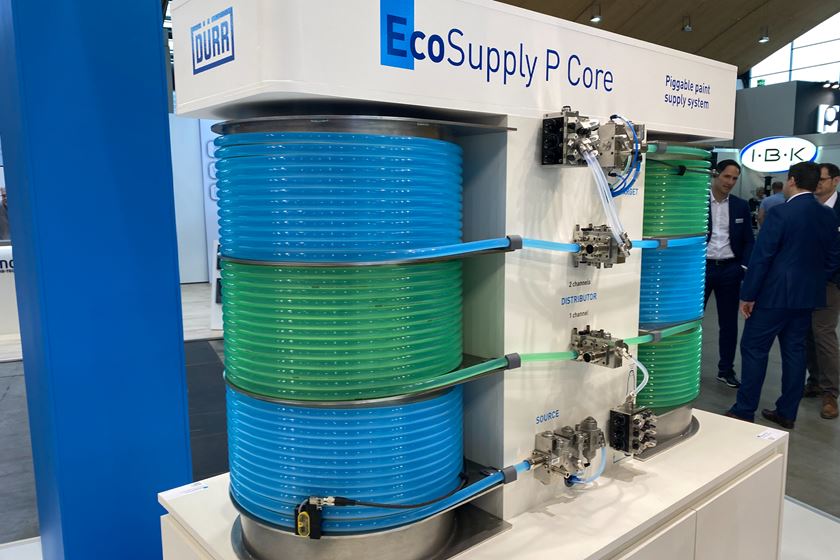Surface Prep Solution for Rusted Rebar in Concrete
Julie Holmquist of Cortec Corporation discusses passivating corrosion on rebar and other reinforcing metals.
#construction #ask the expert
Q: I work in the construction industry and am having trouble with preventing rebar from rusting. Can you recommend a corrosion-resistant coating?
A: The ubiquitous problem of rebar rust is hard to escape in the construction industry, but there is a practical answer. As part of Cortec’s High Performance Repair System (HPRS), CorrVerter MCI Rust Primer simplifies surface prep by passivating corrosion on steel surfaces. It is an exciting tool to help the construction industry tackle a recurring challenge.
Featured Content
The Problem of Rebar Rust
Rebar and other reinforcing metals play an integral role in providing the strength necessary to make concrete a viable building material. It is also one of the major causes of concrete deterioration. Although the high initial pH of concrete creates a naturally passive environment that protects metal reinforcement in new concrete, carbonation and cracking can lead to the formation of corrosion products on embedded reinforcement. As rebar rusts, it expands, putting pressure on the concrete cover. This causes more cracking and concrete spalling, deteriorating the structure and eventually requiring repair.
Effective Concrete Repair
For a repair to be effective, exposed reinforcement is typically sandblasted to remove corrosion and promote good surface adhesion to the new repair material. The ICRI 310.1R-2008 “Guide for Surface Preparation for Repair of Deteriorated Concrete Resulting from Reinforcing Steel Corrosion,” states that exposed reinforcing steel should be free of any materials such as concrete, dirt, and corrosion products that could interfere with repair material adhesion, although tightly bonded light rust is usually not detrimental to the bond of patch materials. This opens the door to a completely different level of surface prep convenience using CorrVerter MCI Rust Primer.
A Convenient Solution for the Construction Industry
CorrVerter MCI is a unique formulation of chelating agents combined with a high-solids waterborne latex with extremely low water vapor permeability. This fast-drying, single-component primer converts surface rust into a hydrophobic passive layer and offers excellent protection against re-rusting of metal surfaces. These characteristics are ideal for repairs, making surface prep extremely simple. When using CorrVerter MCI, the first step is to wire brush loose rust off the metal surface. This requires much less labor than blasting and no special equipment. The next step is to remove the excess salt, dust, and contamination by rinsing with water. CorrVerter MCI can then be applied by spray or brush and left to cure for 12 hours before applying repair products. CorrVerter will turn visibly black by the time it dries to touch in about two to three hours.
In addition to increasing the convenience of concrete repairs, CorrVerter MCI is also useful for construction delays where some concrete was already poured, leaving rebar partially exposed to the elements until the project can resume. When the project starts again, CorrVerter MCI is a good way to passivate any rust that has begun in the meantime, thus forestalling additional corrosion problems that could develop as a result.
About the Author

Julie Holmquist
Julie Holmquist is a content writer for Cortec Corporation. Visit corteccoatings.com.
RELATED CONTENT
-
How to Avoid Mud Cracking
Julie Holmquist of Cortec Corporation discusses ways to avoid mud cracking defects when applying anticorrosion coatings.
-
Coating for Harsh Marine Environments
Seacoast environments present big challenges for the durability of outdoor coatings. In this helpful Ask the Expert article, powder coating expert Rodger Talbert outlines the challenges and the proper steps you should take to ensure corrosion resistance, mechanical performance and UV resistance for your outdoor coatings.
-
Choosing Paint for Fast-Paced, Extra Slip, High Temp Applications
Many industrial applications require coatings that not only offer corrosion resistance and aesthetics, but provide additional attributes such as heat resistance and quick drying properties. This helpful clinic offers a few examples.








